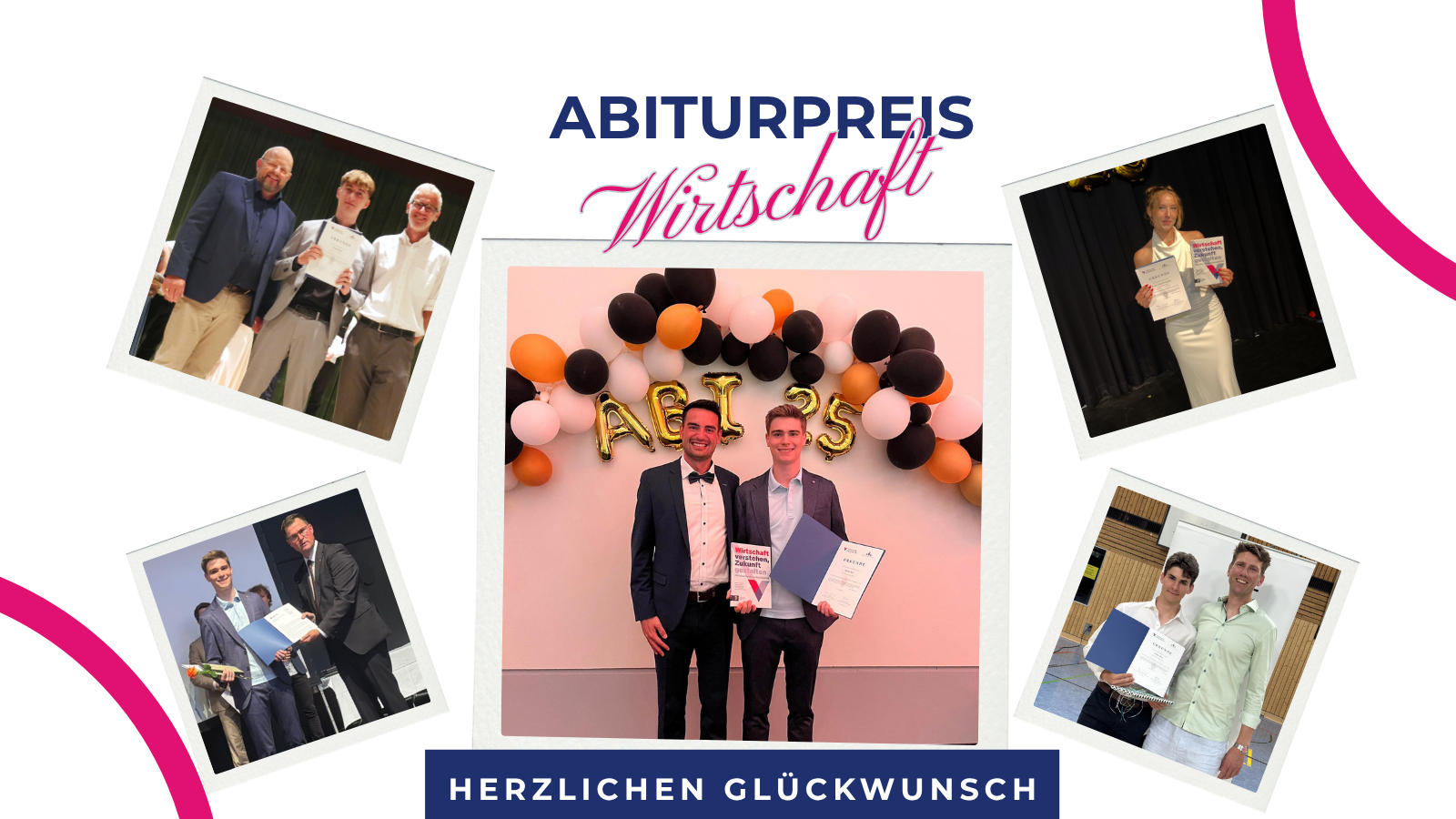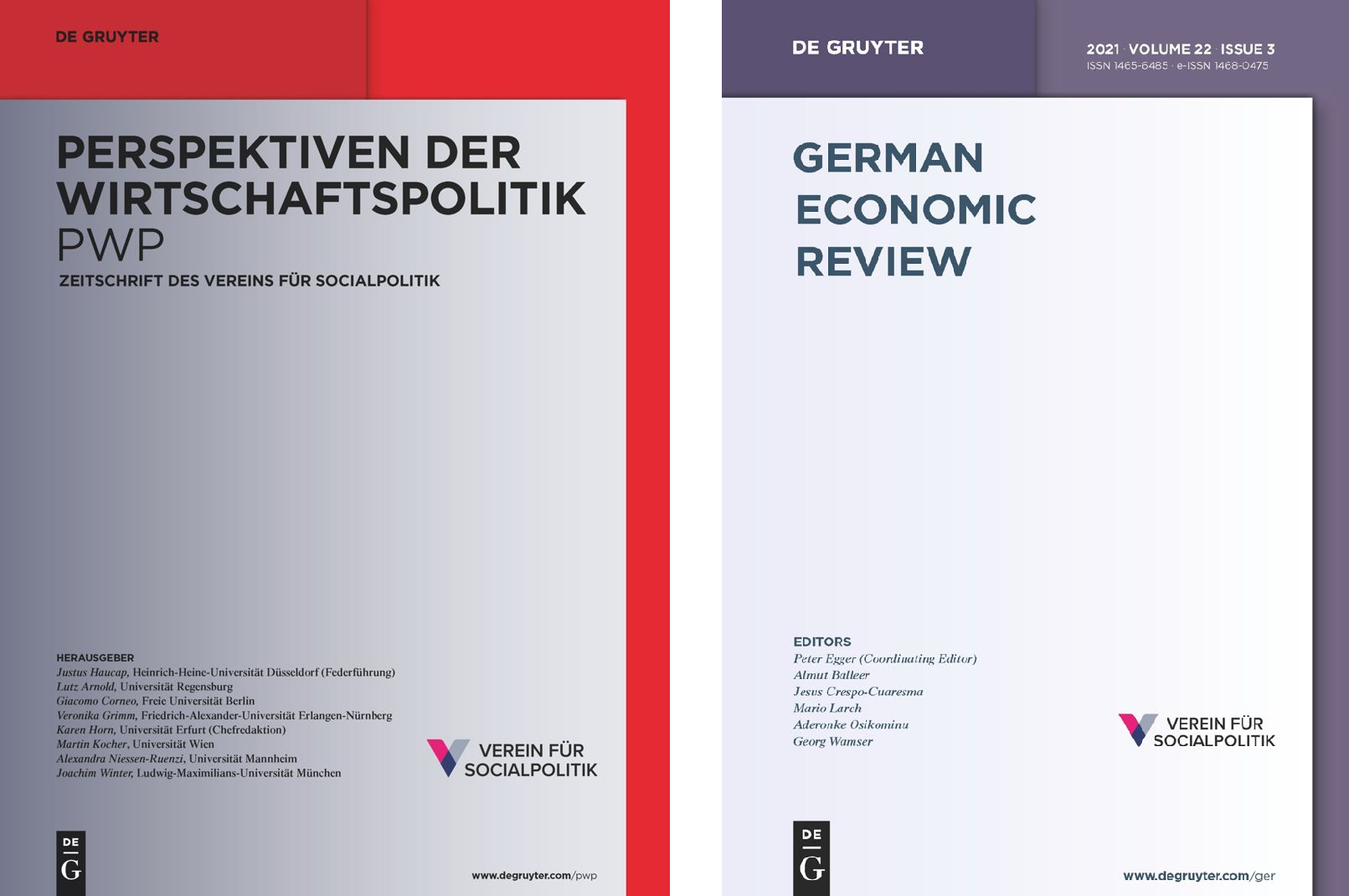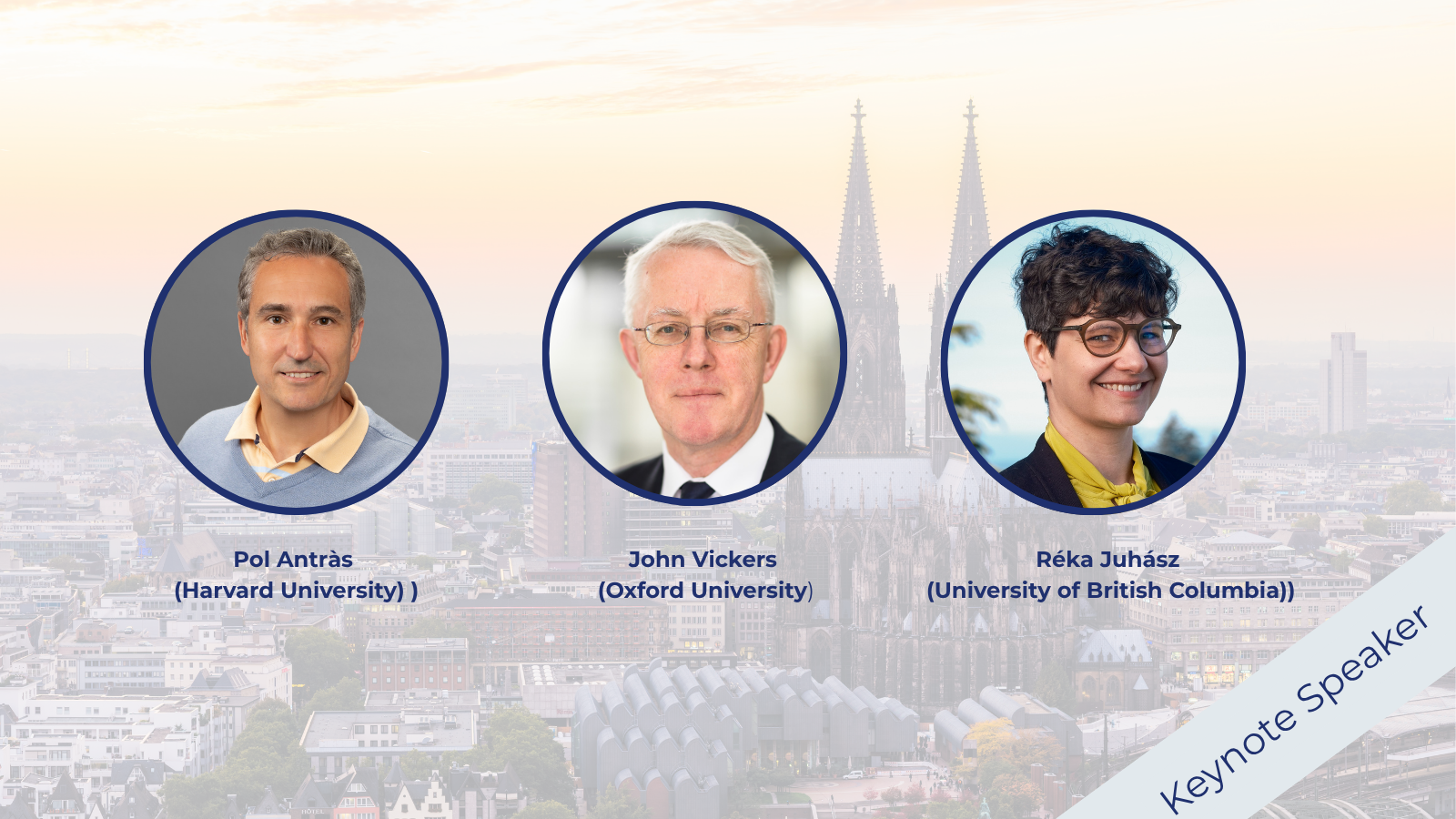Dear Members of the Verein für Socialpolitik,
Since January, I have taken over the chairmanship of the Verein from Regina T. Riphahn. I would like to sincerely thank her – as well as the entire executive board – for their outstanding dedication over the past years. I would particularly like to highlight her commitment to the issue of research data. A commission established by the Verein under her leadership has been actively involved in the debate surrounding the planned Research Data Act. Much has already been achieved in this regard. Although the law could not be passed by the previous federal government, the topic remains of central importance to us. The commission, under Regina T. Riphahn’s continued leadership, will therefore carry on its work until at least the end of 2026 – with the aim of helping to shape a law that is as research-friendly as possible. I wish her and the entire team continued success in this important endeavor!
During my term, I would like to focus on the topic of Open Science. Open Science stands for an open, transparent, and reproducible approach to research. It particularly includes:
Open Access: Research findings should be freely accessible to everyone, without paywalls.
Open Data: Wherever possible, research data should be made publicly available to foster reproducibility and reuse.
Open Source: Disclosing software, source code, and analysis scripts promotes transparency and enhances the quality of scientific work.
A major step in this direction has already been taken: Since January 2025, our two journals – German Economic Review and Perspektiven der Wirtschaftspolitik – have been published as open-access journals. Our goal remains to continuously strengthen the quality and visibility of these journals while ensuring permanent free access. You can find more information about our activities in this area in the “Open Science” section below.
A highlight of the association’s calendar will be the 2025 Annual Conference in Cologne. The core conference will focus on the highly topical issue of industrial policy. Achim Wambach has put together an exciting program. The open part of the conference will feature selected current research contributions on a wide range of topics, along with panels, workshops, and a vibrant social program organized by Felix Bierbrauer and his team. I very much hope to welcome many of you there – and I look forward to engaging in personal exchange.
With warm regards,
Klaus M. Schmidt
Chair of the Verein für Socialpolitik














